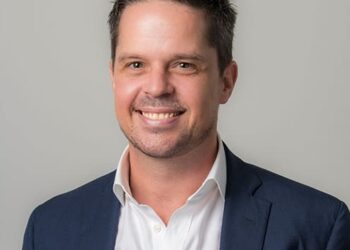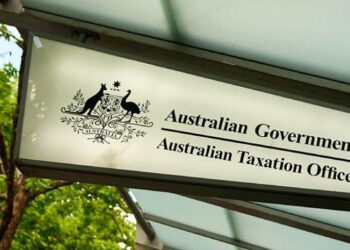Heffron SMSF Solutions executive director Martin Heffron said that one of the first things Josh Frydenberg did after the Coalition’s election win was to express his support for the Productivity Commission’s recommendation of yet another review into our retirement incomes system.
“Whilst the industry’s collective sigh and eye roll could be heard in all four corners of our great southern land, it is clear to me that many things could be improved,” Mr Heffron said.
“Unfortunately, however, a review into retirement incomes in isolation is at risk of missing the point.”
Mr Heffron said while the societal challenge of an ageing population is well known and has been widely discussed, it’s fair to say that few countries around the world have effectively nailed a portfolio of adequate policy responses.
The increase in longevity creates three separate but linked high-level needs including healthcare, aged care and retirement income provision.
“In most developed countries, these three needs are partly funded by the state and partly funded by the individual. Often, the proportion of public versus private funding depends on an individual’s means,” he said.
“At any rate, all three needs are increasingly expensive and complex areas for state and citizen alike that require strong coordinated policy responses. Sadly, this coordination is currently lacking in Australia.”
Of all the countries impacted by the 21st-century ageing phenomenon, Mr Heffron said Japan is at the leading edge of the problem.
“Over 28 per cent of Japan’s population is older than 65, there are 1.6 jobs for every job seeker, debt-to-GDP ratio is approaching 250 per cent of GDP, and by 2050, there will be as many non-working people in Japan as working people.
“Given all that, it is insightful to look at some of their policy responses.”
Potentially, one of the most important of Japan’s responses, he said, is the creation of a strong Ministry for Ageing with wide powers, including retirement incomes.
While Australia has a Minister for Aged Care and Senior Australians, this minister is not in cabinet and works within the auspices of the Health Ministry, he said, and therefore has very proscribed powers that are focused on care and health.
“At least the Productivity Commission’s recommendation was to look at retirement incomes holistically rather than just superannuation, but given the nature of the problem, we need to be even broader than that and look at the problems presented by ageing overall,” Mr Heffron said.
“If we are going to go through the time, expense and pain of another review, wouldn’t it be great if we engaged with the problem at the right altitude and in a coordinated fashion?”



I agree with Martin and at one time the government did do an Inter-generational Report but my feeling is that it stopped because the aging population is such a bug issue as 5 million Baby Boomers retire. Personally it is a great start to see a review of Retirement Incomes and I don’t think any SMSF or self funded retiree would want anything less after the scare they went through with franking credits. Retirees need certainty, safety and security and that should be the premise of the retirement incomes review. I’ll be there on behalf of the SMSF Party protecting and seeking new product to provide safety, security and certainty. I won’t be rolling my eyes.